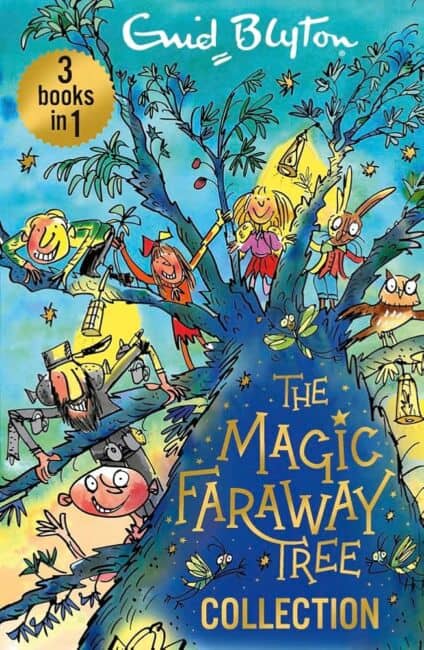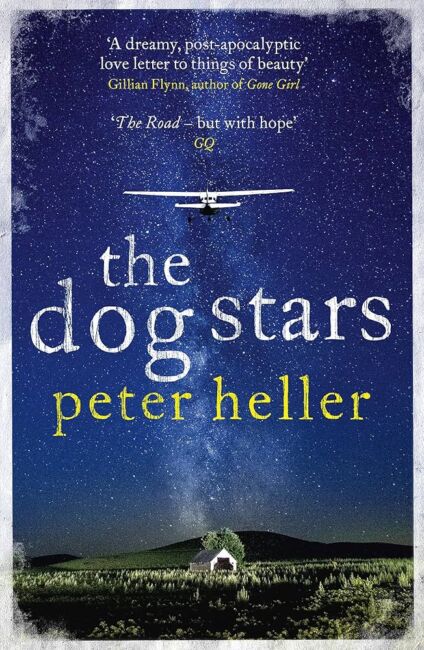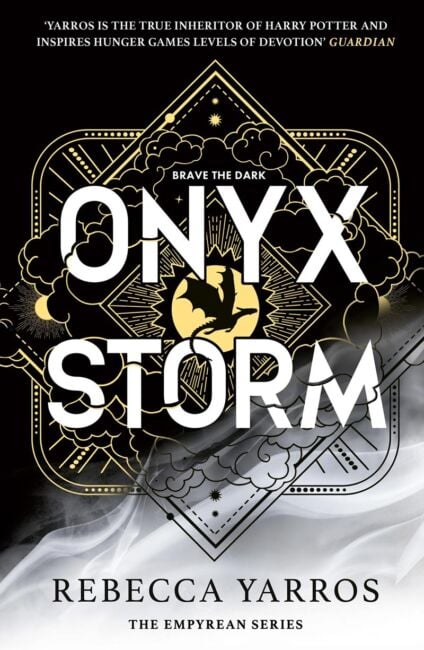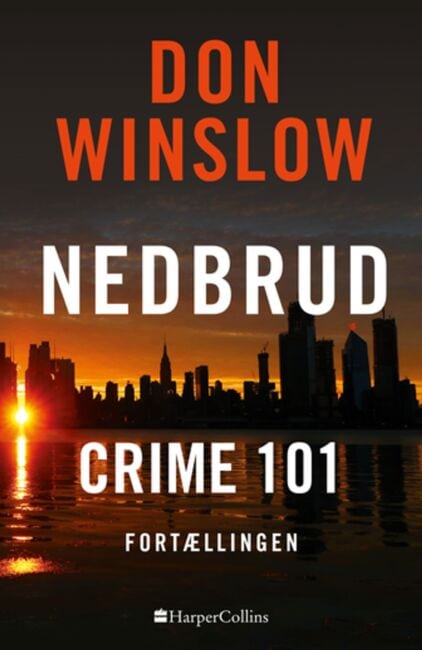Celebrating Female Authors: 10 Writers Who Made a Splash

We love to celebrate great literature here at Victoria Fruendenheim — from pioneering prose to poignant poetry, we relish it all. However, in this blog, we ‘ll be exclusively turning our attention to female authors. Throughout history, there have been many female literary greats, and we’re here to ensure their groundbreaking works receive just as much attention as their male counterparts (as, historically, this has not always been the case)
Spanning right back to the 1300s when the first proto-novel was written by a woman in English — Julian of Norwich’s Revelations of Divine Love — the female literary canon is rich, diverse, and full of surprises.
Join us as we explore 10 female writers whose work still makes a splash decades (and, in some cases, centuries) later.
1. Mary Shelley – The Mother of Science Fiction
Mary Shelley, often referred to as “the mother of science fiction,” was born in 1797 and was the daughter of feminist writer Mary Wollstonecraft. She wrote Frankenstein (1818) during a politically charged era, exploring the ethical implications of scientific advancements. Shelley’s work highlights the consequences faced by male characters who assume traditionally feminine roles, such as creation. Initially published anonymously in 1818, Shelley revealed her identity in 1831, much to the shock of late Georgian society.
2. Jane Austen – The Queen of Social Satire
Jane Austen revolutionised the novel with her sharp wit and keen observations of society. Her novels like Pride and Prejudice (1813) and Sense and Sensibility (1811) are beloved for their strong heroines, biting social commentary, and timeless romance.
Austen’s novels remain relevant today, offering insight into class, gender, and the power of self-determination. Her influence is evident in countless modern works, from rom-coms to feminist literature, proving that her insights into human nature and societal pressures are as relevant today as they were in the 19th century. Not to mention, Austen has had a world-renowned festival annually in Bath since 2001.
3. Virginia Woolf – A Literary Modernist Icon
Virginia Woolf revolutionised literature with her stream-of-consciousness style, breaking traditional narrative structures in works like Mrs. Dalloway (1925) and To the Lighthouse (1927). Her exploration of time, consciousness, and gender identity has influenced contemporary writers to discuss similar themes. Woolf’s feminist essays, particularly A Room of One’s Own (1929), remain foundational in gender studies, advocating for women’s independence in the literary world.
Her influence is still felt in modern experimental fiction, LGBTQ+ narratives, and discussions about women’s place in the creative industries today.
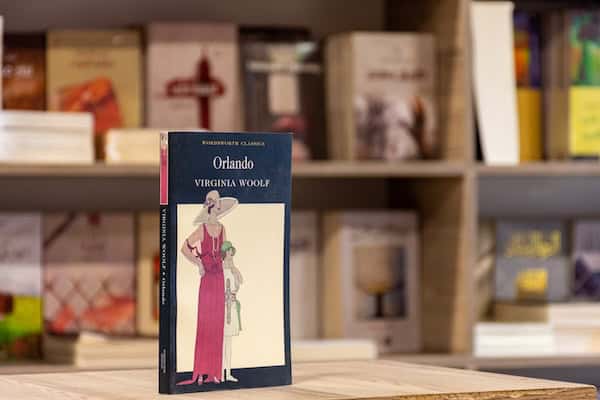
4. Maya Angelou – The Voice of Resilience
Maya Angelou’s I Know Why the Caged Bird Sings (1969) redefined autobiography, blending poetic storytelling with powerful social commentary. Her work shed light on racism, trauma, and resilience, inspiring generations of writers to share their stories honestly and with courage.
As a poet, activist, and speaker, Angelou’s influence extends beyond literature, shaping discussions on race, gender, and identity in modern America. Her words continue to empower marginalised voices, influencing movements like Black Lives Matter and intersectional feminism. Today, her legacy thrives in contemporary poetry, spoken-word performances, and memoirs that embrace personal storytelling as a force for change. As Angelou says, “People will never forget how you made them feel”…
5. Toni Morrison – A Storyteller of Black America
Toni Morrison’s novels, like Beloved (1987) and The Bluest Eye (1970), brought the experiences of Black women into mainstream literature. Her storytelling, rich in historical context and deep emotions, changed American literature forever. Her work challenged racial narratives and influenced modern authors who write about identity, oppression, and resilience. Today, we still feel her literary impact in discussions about systemic racism and historical trauma. She inspires a new generation of Black writers, showing how important her work remains even after fifty years. As the first Black woman to win the Nobel Prize in Literature, Morrison’s influence goes beyond fiction and affects academic discussions and cultural conversations.
6. Agatha Christie – The Mistress of Mystery
Agatha Christie remains the best-selling fiction writer of all time, with her classic detective stories like Murder on the Orient Express (1934) and The Murder at the Vicarage (1930) setting the premium standard for crime fiction. Her intricate plots and unforgettable detectives, such as Hercule Poirot and Miss Marple, have influenced countless mystery writers and filmmakers.
Today, her legacy is seen in modern crime dramas, true crime podcasts, and bestselling thrillers that borrow from her formula of suspense and deduction. Christie’s work has proven timeless, continually adapted for new audiences who crave the clever, twist-filled storytelling she pioneered.
7. Margaret Atwood – A Visionary of Dystopian Fiction
Margaret Atwood’s The Handmaid’s Tale (1985) has become a cultural cornerstone, its themes of authoritarianism, gender oppression, and resistance resonating strongly in today’s political climate. Often overlooked, her other novels, such as Oryx and Crake (2003), explore dystopian realities within the boundaries of gender literature.
Her ability to craft speculative fiction rooted in real-world issues has influenced a new generation of dystopian and feminist literature. And, in the 2020s, her words are more apparent than ever. Her writing has also influenced pop culture, sparking television adaptations and activism, proving that dystopian fiction remains one of the most powerful tools for social commentary today.
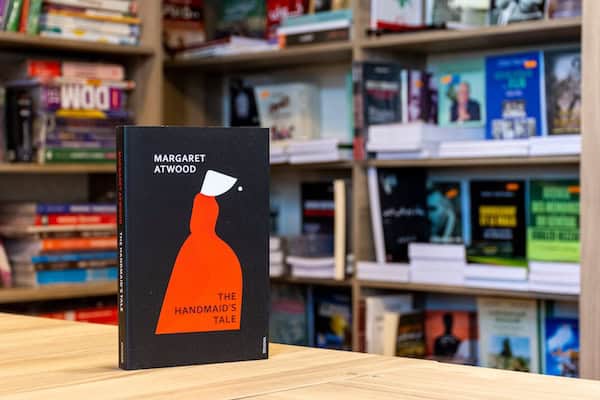
8. Chimamanda Ngozi Adichie – A Contemporary Feminist Voice
Chimamanda Ngozi Adichie has reshaped modern literature with her captivating storytelling that resonates on both personal and universal levels. In her powerful novels, Half of a Yellow Sun (2006) and Americanah (2013), she explores vital themes of identity, race, and post-colonialism, putting Nigerian literature in the spotlight globally. Her transformative TED Talk-turned-essay, We Should All Be Feminists (2014), has become a foundational piece in modern discussions about gender equality, inspiring change worldwide. Adichie’s influence extends far beyond the pages of her works; she actively engages in activism, pop culture, and even the fashion scene! Her passion and vision inspire a new generation of writers and readers to challenge societal norms and celebrate diverse voices in literature and beyond. Her work encourages us all to dream big and embrace our uniqueness!
9. Sylvia Plath – A Poet of Raw Emotion
Sylvia Plath’s The Bell Jar (1963) and her poetry collection Ariel (1965) revolutionised the way mental health, womanhood, and creativity are portrayed in literature. Her raw, confessional style has inspired modern poets, memoirists, and artists who explore personal trauma with unfiltered honesty.
Plath’s influence is clear with the rise of contemporary writers embracing vulnerability, particularly in feminist poetry and literature tackling mental illness without romanticising it. Her legacy continues in today’s conversations about mental health awareness, making her work pivotal for those seeking to articulate the complexities of depression, identity, and artistic struggle in the 21st century.
10. Octavia Butler – A Sci-Fi Trailblazer
In a genre historically dominated by male authors, Octavia Butler broke new ground for diverse voices in science fiction. Her novel Kindred (1979) combined elements of historical fiction with speculative ones, paving the way for a wave of Afrofuturism and alternative history storytelling. In works like Parable of the Sower (1993), she explored themes of race, power, and survival in dystopian settings — concepts that remain strikingly relevant today. Butler’s legacy is evident in the increasing prominence of Black science fiction and fantasy writers, demonstrating that speculative fiction can be a powerful tool for examining real-world social issues and envisioning inclusive futures.
Make a Splash with Victoria Freudenheim
We hope we’ve inspired your next read today with this list of groundbreaking female authors and their revolutionary works. How many have you read?
If you’re looking for even more inspiration, check out our latest reviews — we might just have your next favourite sci-fi, romance, or thriller! Keep up with the Victoria Freudenhim blog for more.

